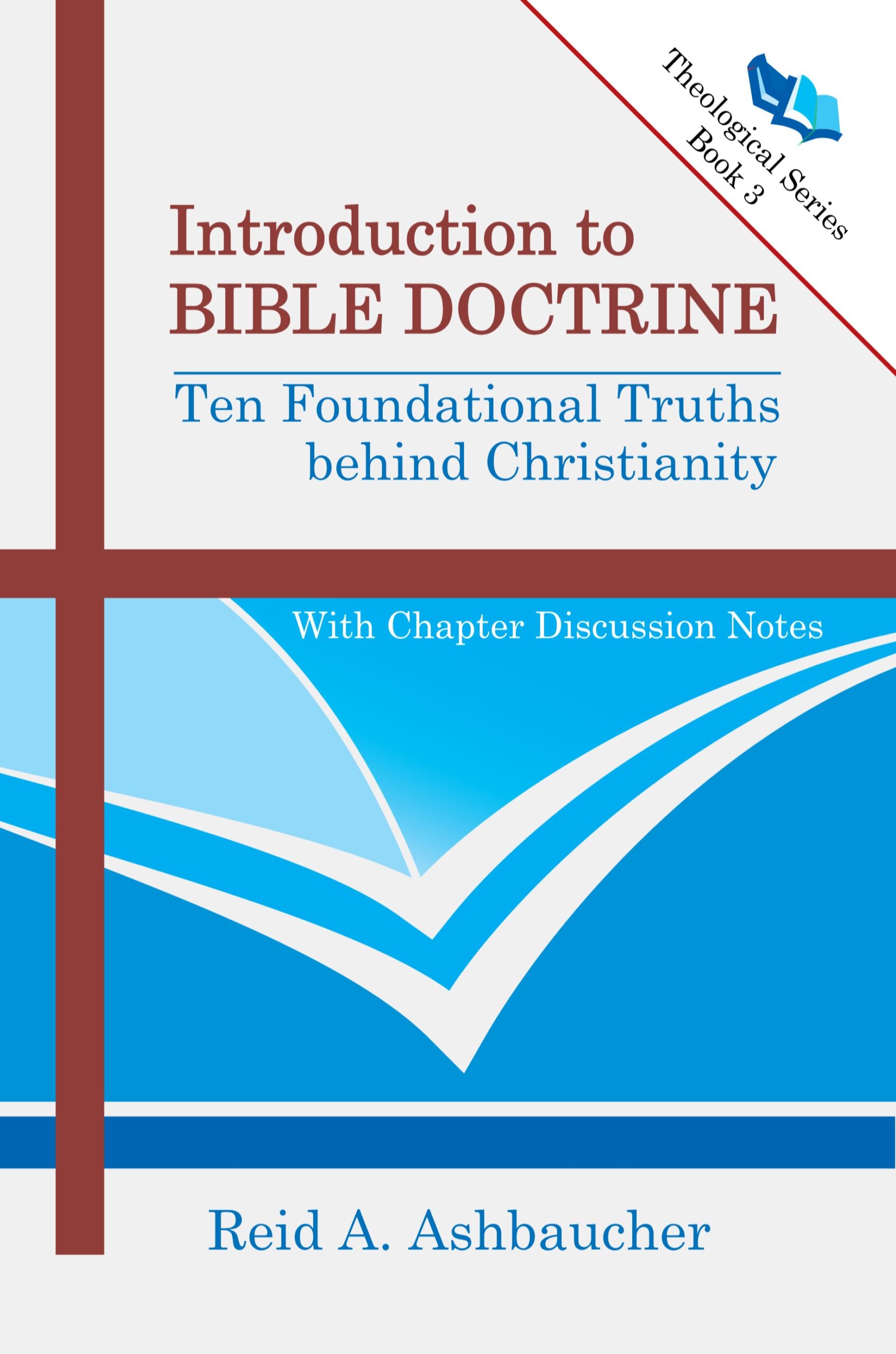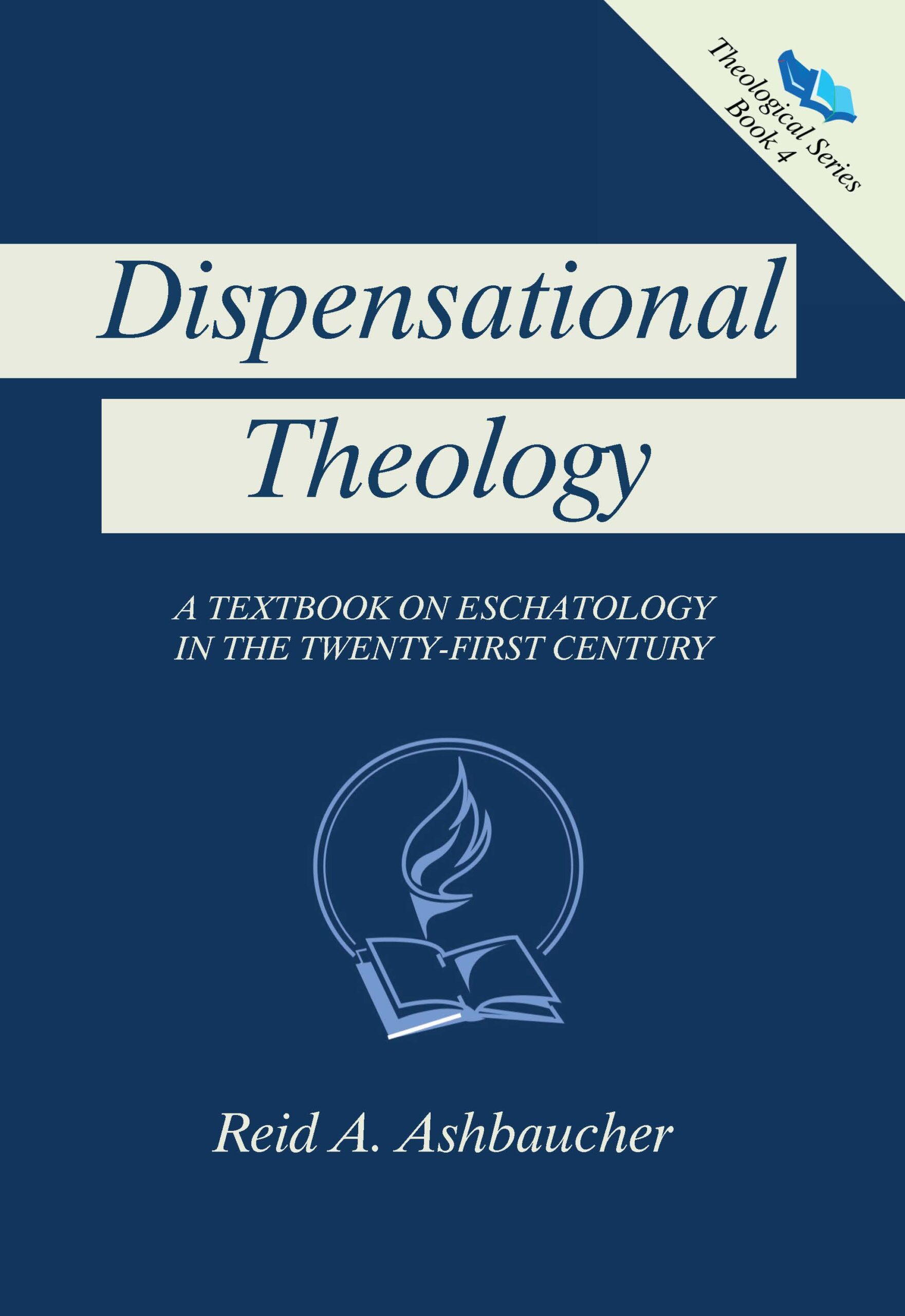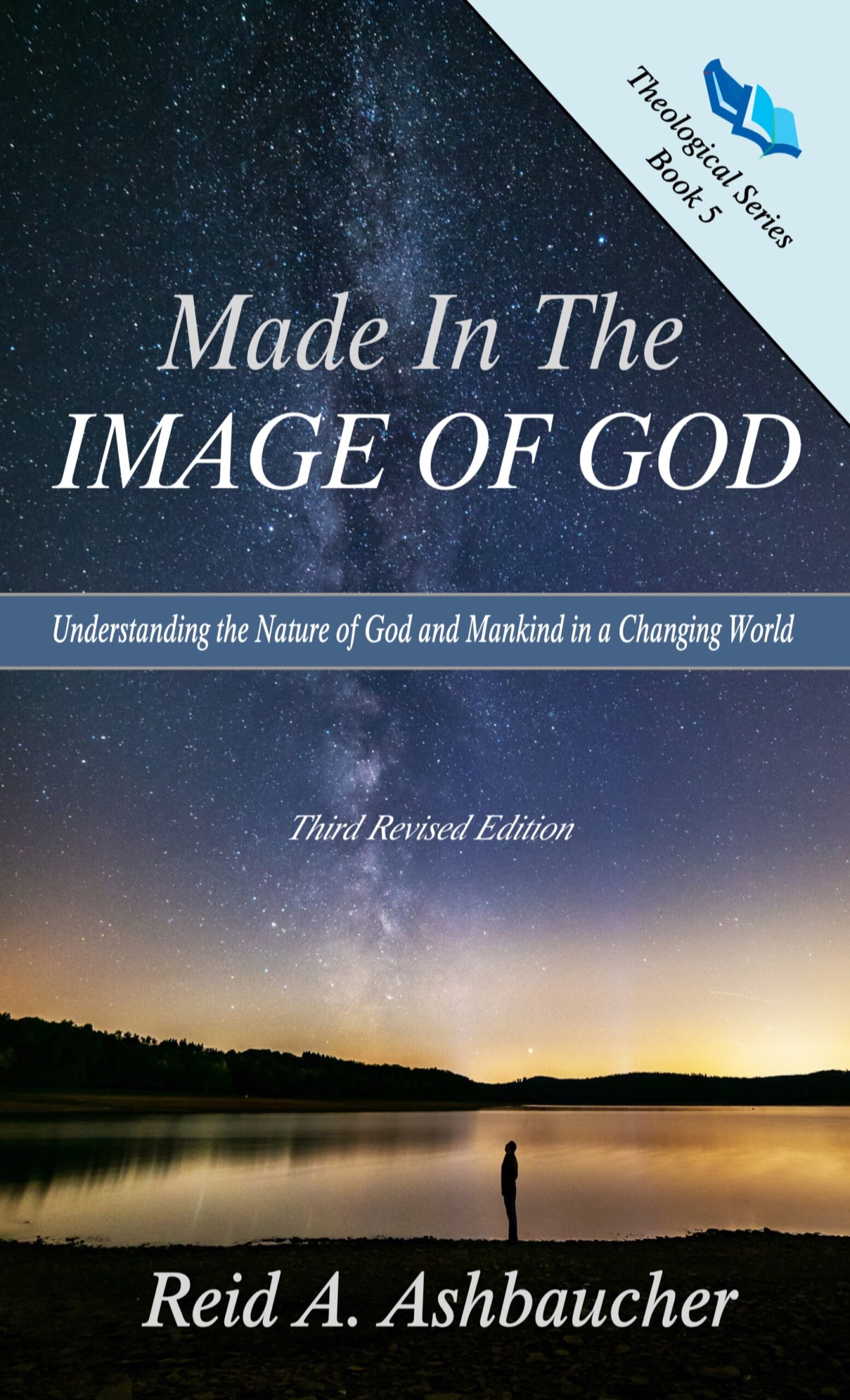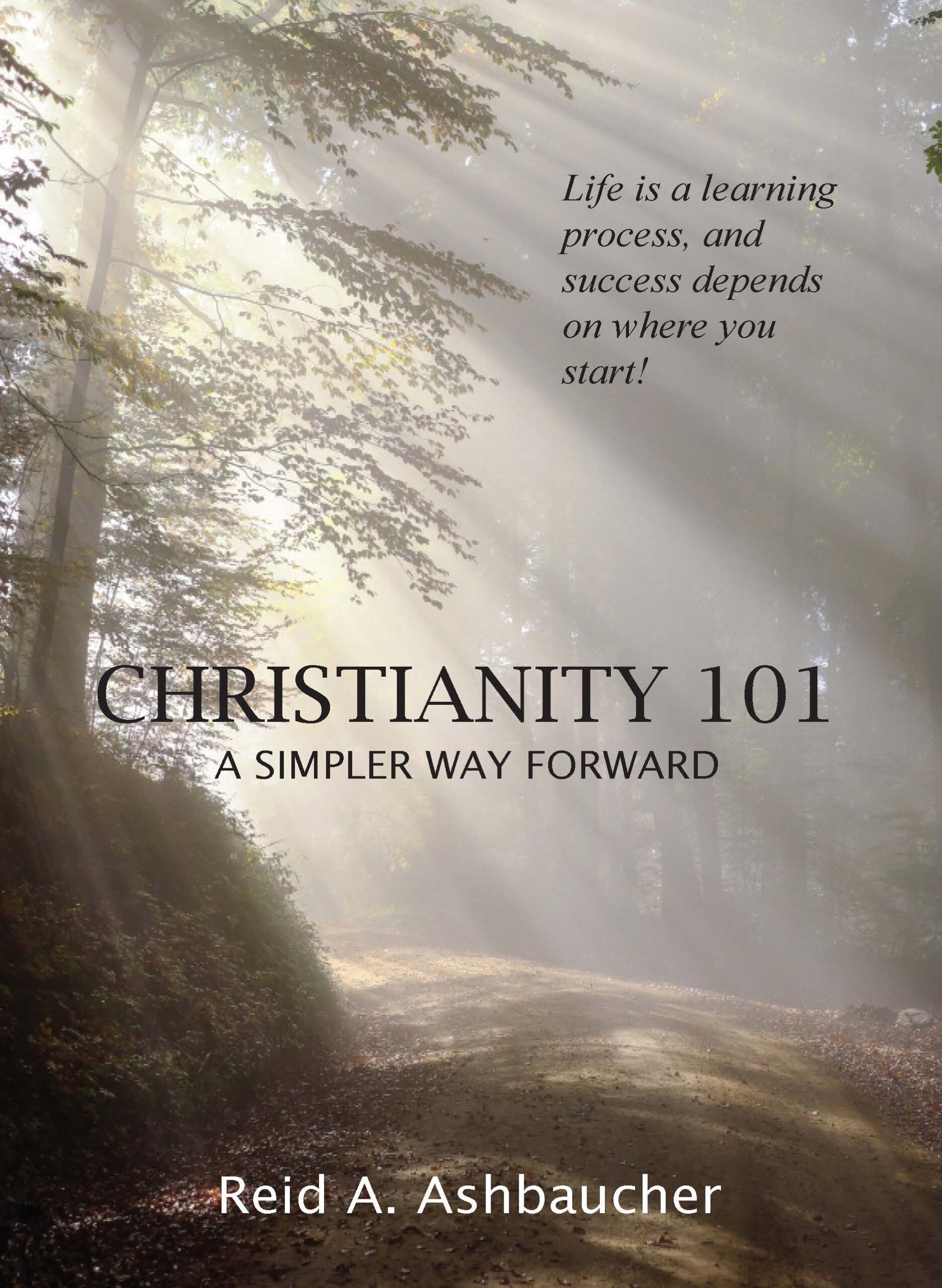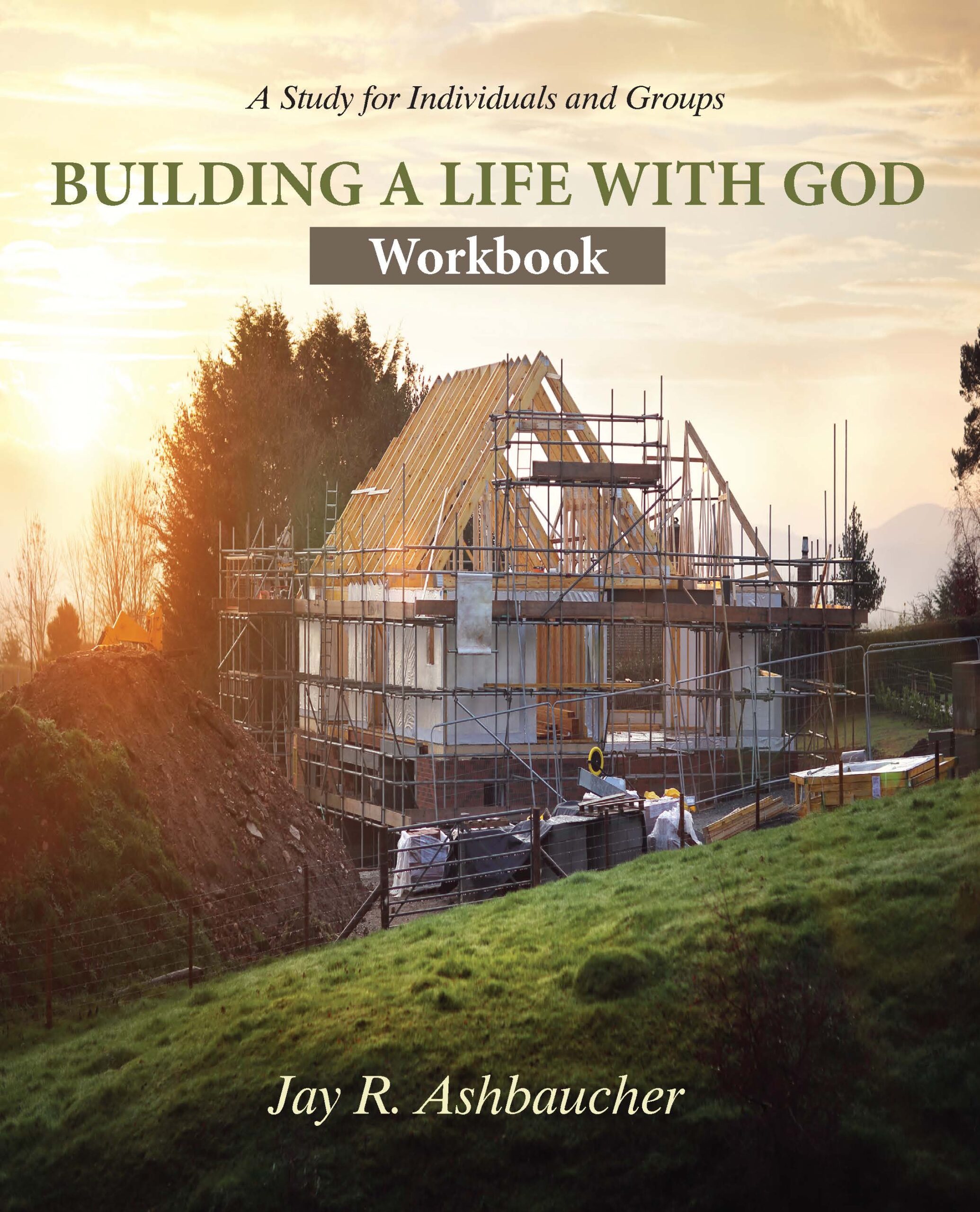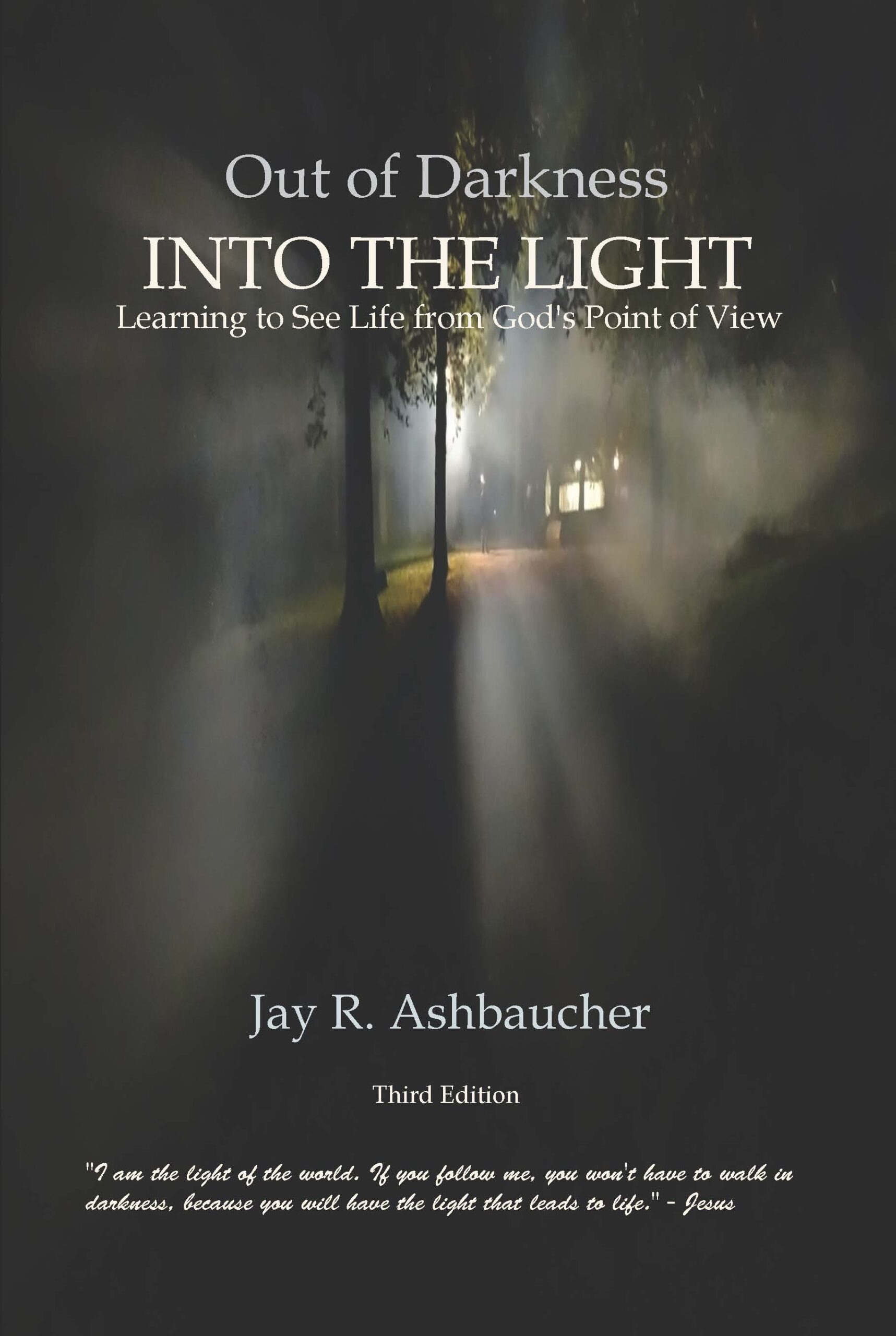Lord’s Supper – In likeness to the Jewish PassoverThe origins of the Passover is explained this way in the Old Testament of the Bible as found in Exodus 12:11-14 and reads as follows: 11 'Now you shall eat it in this manner: with your loins girded, your sandals on your feet, and your staff in your hand; and you shall eat it in haste — it is the L... More the Lord’s Supper was instituted by Jesus as a memorial to his coming sacrificial death and shedding of His blood for the remissionRemission in the context of Theology means to release someone from the guilt and God's penalty for personal sin. To cancel one's indebtedness to God for personal wrong doing toward God himself. (Matthew 26:28 KJV; Luke 1:7, 3:3, 24:47 KJV; Acts 2:38 KJV; Romans 3:25 KJV; Hebrews 9:22, 10:18 KJV)
More of sin. The Lord’s Supper is observed as a memorial of His death, burial and resurrection even to this day by all true believers, that is, all who believe Jesus ChristJesus Christ is the Son of the creator God, sharing in the same nature as God the Father and God the Holy Spirit. As Jesus says, "I and the Father are one." (John 10:30; NASB) is the messiah and savior of all saints. (See Matthew 26:17-30).
The Lord’s Supper takes its roots in the Jewish PassoverThe origins of the Passover is explained this way in the Old Testament of the Bible as found in Exodus 12:11-14 and reads as follows: 11 'Now you shall eat it in this manner: with your loins girded, your sandals on your feet, and your staff in your hand; and you shall eat it in haste — it is the L... More through similarities and meanings. The PassoverThe origins of the Passover is explained this way in the Old Testament of the Bible as found in Exodus 12:11-14 and reads as follows: 11 'Now you shall eat it in this manner: with your loins girded, your sandals on your feet, and your staff in your hand; and you shall eat it in haste — it is the L... More and its purpose are recorded in Exodus 12:1-14 and is very detailed in its observance. In Exodus 12:14 the following is stated: “Now this day will be a memorial to you, and you shall celebrate it as a feast to the LORD; throughout your generations you are to celebrate it as a permanent ordinance.” (NASBNASB stands for "New American Standard" version of the Bible. The NASB was produced through the Lockman Foundation in 1960 and its translation is based on the Hebrew text and the Alexandrian Text type of the Greek New Testament, with NT copies dating as early as the second century A.D.) This memorial is strictly a Jewish celebration of God’s saving Israel from the bondage of slavery from Egypt. This feast became part of Jewish law.
When Jesus established the Lord’s Supper it was meant to replace the PassoverThe origins of the Passover is explained this way in the Old Testament of the Bible as found in Exodus 12:11-14 and reads as follows: 11 'Now you shall eat it in this manner: with your loins girded, your sandals on your feet, and your staff in your hand; and you shall eat it in haste — it is the L... More upon His death, just as the New Covenant was meant to replace the Old Covenant. In Matthew 5:17 the ScripturesThe Scriptures, as spoken of on this site, represents the 66 books found in the Protestant Bible, with 39 books in the Old Testament and 27 books found in the New Testament. It is our view that these books were written between 1446 BC and 96 AD, representing a time span of about 1,500 years, by the ... read: “Do not think that I came to abolish the Law or the Prophets; I did not come to abolish, but to fulfill.” (NASBNASB stands for "New American Standard" version of the Bible. The NASB was produced through the Lockman Foundation in 1960 and its translation is based on the Hebrew text and the Alexandrian Text type of the Greek New Testament, with NT copies dating as early as the second century A.D.) At Christ death the New Covenant was put in place along with the Lord’s Supper. The slavery of Israel in Egypt, and the memorial of the PassoverThe origins of the Passover is explained this way in the Old Testament of the Bible as found in Exodus 12:11-14 and reads as follows: 11 'Now you shall eat it in this manner: with your loins girded, your sandals on your feet, and your staff in your hand; and you shall eat it in haste — it is the L... More to remember God’s deliverance from that slavery, was a foreshadow of Jesus death and resurrection for the deliverance of His people from their bondage of sin. The Lord’s Supper was then instituted by Christ as a memorial to this event. (See Romans 7:14 and Galatians 4:3-5).
The implementation of the Lord’s Supper is described in 1 Corinthians 11:20-34 and is much simpler than the PassoverThe origins of the Passover is explained this way in the Old Testament of the Bible as found in Exodus 12:11-14 and reads as follows: 11 'Now you shall eat it in this manner: with your loins girded, your sandals on your feet, and your staff in your hand; and you shall eat it in haste — it is the L... More. The Lord’s Supper does not require an animal sacrifice, because Christ became the permanent substitute as symbolized by the lamb. (See Isaiah 53:7, John 1:36 and 1 Peter 1:19).
Unlike the PassoverThe origins of the Passover is explained this way in the Old Testament of the Bible as found in Exodus 12:11-14 and reads as follows: 11 'Now you shall eat it in this manner: with your loins girded, your sandals on your feet, and your staff in your hand; and you shall eat it in haste — it is the L... More, which was to be observed once a year, the Lord’s Supper could be observed as often as the ChristianAccording to the Bible, Christians are those that put their faith in Jesus Christ and follow him as Lord and King of their lives. To reject that Jesus is not equal in nature with God or reject the teaching of the Trinity of God would forfeit anyone's claim to be called Christian. (Acts 11:26, 26:28;... More community liked. However, like the PassoverThe origins of the Passover is explained this way in the Old Testament of the Bible as found in Exodus 12:11-14 and reads as follows: 11 'Now you shall eat it in this manner: with your loins girded, your sandals on your feet, and your staff in your hand; and you shall eat it in haste — it is the L... More the Lord’s Supper came with a warning attached. (See 1 Corinthians 11:27-34).
Today the Lord’s Supper is observed by all of ChristendomThe term "Christendom" as used on this web site is referencing a group of people that claim Christianity as their belief system. This would include all individuals and churches that are part of the Eastern and Western traditions of the Christian church. and carries various meanings to different groups. To the Catholic, it is part of their sacraments and carries more weight than just a memorial. They believe in transubstantiation, the belief that the bread and wine at some point in the observance turns literally into the blood and the body of Christ himself. Some churches believe in consubstantiation, the belief that the bread and the wine do not turn into Christ blood and body, but believe that Christ is somehow physically present and part of the event. Within most Protestant and Baptist groups it is viewed as one of the two ordinances of the church, baptism being the second and is strictly a symbolic event, that is, the bread and wine represent in symbolism the blood and body of Christ as the sacrificial lamb – slain for the remissionRemission in the context of Theology means to release someone from the guilt and God's penalty for personal sin. To cancel one's indebtedness to God for personal wrong doing toward God himself. (Matthew 26:28 KJV; Luke 1:7, 3:3, 24:47 KJV; Acts 2:38 KJV; Romans 3:25 KJV; Hebrews 9:22, 10:18 KJV)
More of sins.


